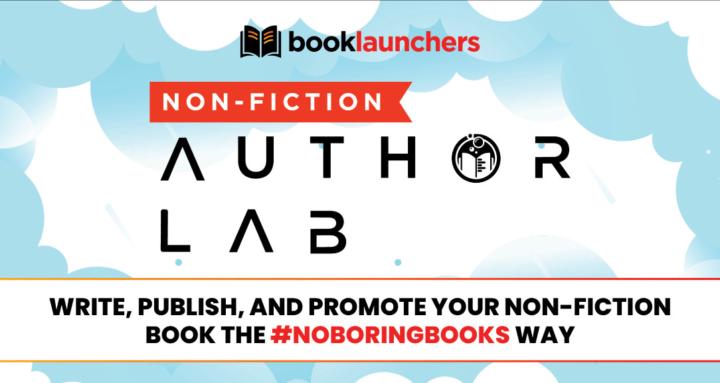Jun '25 (edited) • Marketing & Growth 📈
Part 1: LLMs vs. Google (stats, data, & what you can do)
has mentioned the rise of LLM impact on Google/SERPS several times in the past couple of weeks.
Great recent article in EMARKETER puts the general idea into bold relief:
To fully understand the impact of what's happening -- and why Julie's suggestion to focus (more) on how to get AI to notice you rather than Google -- take a look at these stats...
--Google’s AI Overviews and instant answers are reducing click-through rates (CTRs) by 34.5% (Ahrefs).
--Wikipedia, which relies on Google for referral traffic, has seen a drop of 20 million visitors in the past 18 months (Comscore).
--Global visits to the top 100 web domains fell nearly 7% from March 2022 to March 2025 (Semrush).
--Google’s traffic is down 6.4% (Similarweb).
The bottomline: "AI-native discovery is killing traditional funnels."
What does this really mean?
For one thing, informative and educational brand-evocative content (optimized for long-term relevance) that creates human connections through your ICP's language becomes even more key for marketing success -- especially when you design it to be easily understood and processed by AI algorithms.
For another, a big trend is coming in which marketers will shift away from optimizing static content for Google. Instead, they'll begin creating brand experiences that target customers in their local geographic locations.
Quick summary:
Since AI can do so much more than Google, e.g. analyze search trends, user intent, and location data, it can deliver more highly targeted and relevant search results (e.g. location-specific) -- that no one has to click through ten sites to fully grasp.
We're about to shift from prioritizing SEO (Search Engine Optimization, i.e. get ranked for relevant keywords) to prioritizing GEO (Generative Engine Optimization, i.e. get 'ranked' for relevant keywords easily understood by AI).
Specifically, this means creating content to intentionally expand the likelihood of its recognition by AI-driven search engines, and in conversational AI responses.
Since almost 80 million US consumers have shifted to genAI search engines (according to EMARKETER), it's important to build GEO strategies into any 2025-and-beyond marketing plan.
EMARKETER suggests, "GEO strategies must ensure brands are surfaced in genAI outputs. Marketers should focus on first-party data, brand-owned channels, and social, especially since platforms like TikTok, Reddit, and YouTube are increasingly becoming primary search paths for younger users."
Some ideas for how to do this...
- Prioritize clarity and simplicity: use plain language, concise sentences, direct answers, and simple sentence structures.
- Structure and format your content for AI readability: use descriptive headings, lists and bullet points, tables for structured data, and even more descriptive Alt Text.
- Provide relevant and trustworthy information: create in-depth content that includes statistics, facts, and quotes from credible sources that match user intent and answer user questions.
- Create brand-relevant experiences: offer your ICP ways to interact with you and your product PLUS tie this experience to specific targeted locations.
- Build your brand presence and maintain authority: create a strong online presence through mentions, reviews, and quality links to increase your inclusion in AI results.
- Track your GEO marketing strategies: dump data into AI, then refine your strategy based on AI-generated insights.
According to EMARKETER, "Search is no longer a neutral traffic driver. Marketers need to plan for a world where clicks don’t come easy and genAI responses, not blue links, dictate traffic and visibility."
9
32 comments

skool.com/selfpublishingbooks
Book Launchers’ community for nonfiction authors writing, self-publishing, and marketing books to grow their brand and business.
Powered by





